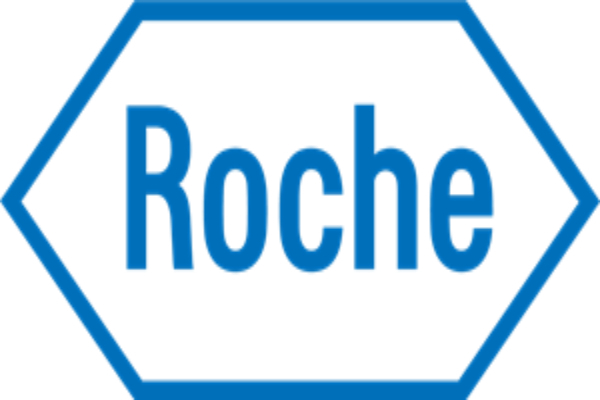US FDA and EMA accepted filings based on the data from OCARINA II, with EU approval anticipated mid-2024 and U.S. approval anticipated September 2024

Roche announced today data from the Phase III OCARINA II study of OCREVUS (ocrelizumab), an investigational twice-yearly, 10-minute subcutaneous (SC) injection.
Results showed near-complete suppression of clinical relapses and brain lesions in people with relapsing or primary progressive multiple sclerosis (RMS or PPMS) which reinforce the potential benefits of this investigational formulation. Treatment with OCREVUS SC led to rapid and sustained B-cell depletion in the blood.
The data will be presented as an oral presentation at the 76th American Academy of Neurology (AAN) Annual Meeting taking place April 13-18 in Denver and has been recognised as an abstract of distinction by the AAN scientific committee.
“With a full year of data demonstrating near-complete suppression of relapse activity and minimal progression of lesion development, this 10-minute subcutaneous OCREVUS injection shows results that are consistent with the long-established benefits of intravenous OCREVUS,” said Levi Garraway, M.D., Ph.D., Roche’s chief medical officer and head of Global Product Development. “We look forward to continuing ongoing conversations with regulatory bodies worldwide to potentially bring an additional treatment option to more people living with MS, in a shorter injection time.”
“Updated results from OCARINA II further underline the potential benefits of subcutaneous OCREVUS for patients with both relapsing and progressive forms of MS,” said Scott Newsome, D.O., lead author, Johns Hopkins University School of Medicine. “Patients treated with subcutaneous OCREVUS experienced appropriate B-cell suppression and impressive near-complete suppression of new inflammatory disease activity. These results demonstrate the potential of subcutaneous OCREVUS as a treatment option that can be matched to the individual needs of people with MS and healthcare professionals.”
The OCARINA II abstract was selected as an abstract of distinction by the AAN, based on the quality of the study and the interest to the neurology community.

Subscribe To Our Newsletter & Stay Updated